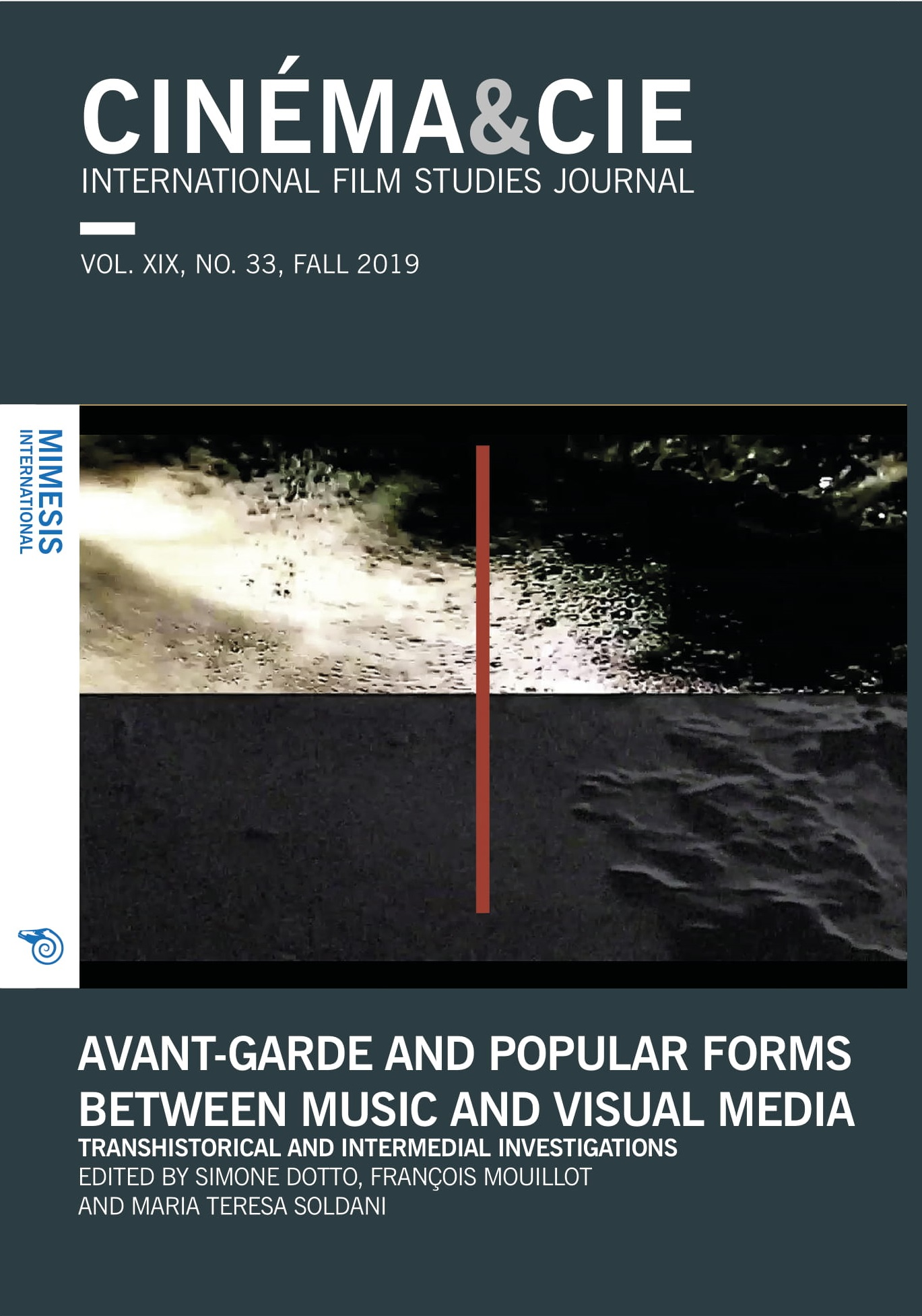Visions of China: Avant-Orientalism, Art Rock, and Conflicted Otherness
Abstract
The essay reexamines the countercultural positionality of art rock musical works by considering the often-dismissed correlations between Western rock and the Oriental. Introducing the concept of Orientalism to Lawrence Grossberg’s five- hypothesis proposal for studying rock affects, I will focus on the case study of the Tin Drum album (1981) by the British band Japan. Through a contextual analysis of the album and a symbolic analysis of the Visions of China music video, I will examine some intricate relations between rock’s “affective Otherness” and the construct of the Oriental Otherness. Juxtaposing postmodern aesthetics with popular music and Orientalism, I will discuss the implications of reducing Orientalist cooptation to a progressive technique of music making. I will then propose the concept of ‘Avant-Orientalism’ to describe this series of musical practices and their representational problematics. Finally, I will argue that although the post-war context constructed the Oriental Otherness, this subjectivity was furthered by the avant-Orientalist cooptation to secure the affective positionality against the hegemonic. However, while the cooptation of Oriental Otherness reflects rock’s survival strategy and anti-hegemonic agenda, it inevitably re-inscribed an Orientalist ideology under its fragmented progressiveness, making the Otherness of avant-Orientalism an always-conflicted one.
Downloads
Downloads
Published
How to Cite
Issue
Section
License
Copyright (c) 2021 Cinéma&Cie. Film and Media Studies Journal

This work is licensed under a Creative Commons Attribution 4.0 International License.





